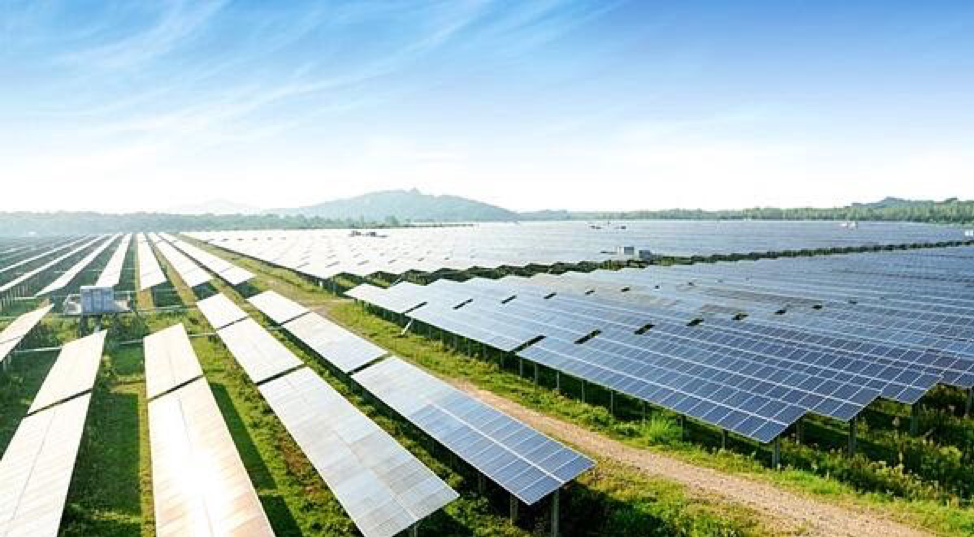

Opportunities for Private Finance to Accelerate the Clean Energy Transition
Medium Wednesday, March 24th 2021Collaboration between policymakers, businesses, and the financial community is more needed than ever to accelerate the clean energy transition. With a Biden Administration and Democrat-led Congress, what actions can boost the U.S. economy and win bipartisan support? What key policies and innovate financial pathways will help accelerate investment in clean energy projects as part of economic recovery?
To explore answers to this question, the latest Dynamo Energy Hub event, co-sponsored with ClearPath, brought together policy experts, investors, and project developers to discuss ways to scale up existing technologies and accelerate clean energy innovations.
Emily Chasan, Director of Communications, at Generate Capital, moderated the event and began with a roundtable introduction of the speakers.
Jeremy Harrell, Managing Director of Policy at ClearPath, noted how the policy debate today is very different than it has been in the past decade. The private sector has shifted as the US electricity sector and the corporate community have provided key signals that have fostered bipartisan agreement. To exemplify the trend, he noted:
“Utilities that serve over 71% of US customers have made net-zero commitment.”-Jeremy Harrell, Managing Director of Policy at ClearPath
While there is broad alignment to decrease emissions, the U.S. currently lacks the technology needed to achieve global deep decarbonization. But, Jeremy emphasized a recent big win in Congress, The Energy Act of 2020. This is one of the biggest climate successes in over a decade as it allocated the financing needed to progress new technologies through tax credits and loan guarantees, as shown in the slide below:

Next, Miriam Eaves, Head of Origination at Launchpad, a BP Company, continued the discussion and showcased the concept of their “innovation engine” (see below), which invests in both new technologies and scaling up existing technologies to progress the energy transition. Each stage in the process is critical to ensure both funding and resources are available to scale innovation.

“By embracing technology, innovation, and sustainability across the business, these aims can become a reality. And by partnering with cutting-edge disruptive startups across new and evolving business areas, success can be achieved. This is where LaunchPad comes in.” — Miriam Eaves, Head of Origination at Launchpad, a BP Company
John Kaercher, Partner at Baker Botts, next spoke about SPACs as a strategic funding alternative, especially for the clean energy space. It’s known to be a faster and easier way to take new ideas to scale using the public market. Clean energy is a large focus for SPAC as private capital and sponsors look to addressing ESG concerns, including climate change and sustainability. While 2020 was a record year for SPACs, 2021 is no different — year-to-date, there are currently almost as many SPACs raising as much money in all of 2020.

Moderator Emily Chasan continued the conversation by asking Jeremy Harrell: what is different now with the new Biden Administration and clean energy being in a different place?
Harrell noted that Members on both the Republican and Democrats side are seeing the current environment as an opportunity to not only tackle climate but also grow economically and recover out of the COVID downturn.
“We should ultimately position the U.S. geopolitically long-term as a cleantech provider to the globe. ” — Jeremy Harrell, Managing Director of Policy at ClearPath
John Kaercher added how the current bipartisan support will continue to be a catalyst for capital. Noting the importance of focused investments, SPACs accelerate the research and development of cleantech providers by allowing companies to obtain more money needed upfront for investments that ultimately decrease time to commercialization.
When asked about corporate investments and new ventures being affected by the SPAC market and new policy, Miriam Eaves noted that in terms of venture capital, even once hesitant firms have now set-up their own cleantech funds, noting the simultaneous opportunity “to do good” and for wealth creation. John Kaercher concluded by emphasizing that the cleantech funding is flowing freely — and will continue to flow until proven ineffective.
While capital will continue to flow freely as long as the market is booming, all panellists noted the importance for cleantech investors to stay the course through minor market corrections in order to increase the chances for meaningful investment outcomes. Moderator Emily Chasan closed by noting how all of the financing options panellists discussed can be complementary and will only help to accelerate the clean energy transition.
In fact, it is the full range of funding options Dynamo’s panellists discussed — from loan guarantees, tax credits, venture capital, equity finance and debt — that need to continue in order to incentivize clean energy growth. The depth of financing options available will not only help the US and others meet sustainable development goals through innovation, but will help the US economy grow. This is no longer an issue of partisan politics or a debate of public versus private financing. The energy transition is quickly occurring and this event highlighted that all are interested in moving towards clean and affordable energy for all.

Event co-sponsored with:

Speaker Profiles:
Emily Chasan, Director of Communications, Generate Capital

![]()
Jeremy Harrell, Managing Director of Policy, ClearPath


Miriam Eaves, Head of Origination, Launchpad


John Kaercher, Partner, Baker Botts


To learn more and watch the event replay, please visit the events page.
For media relations contact
Claudia Prandoni Marketing & Communications Manager